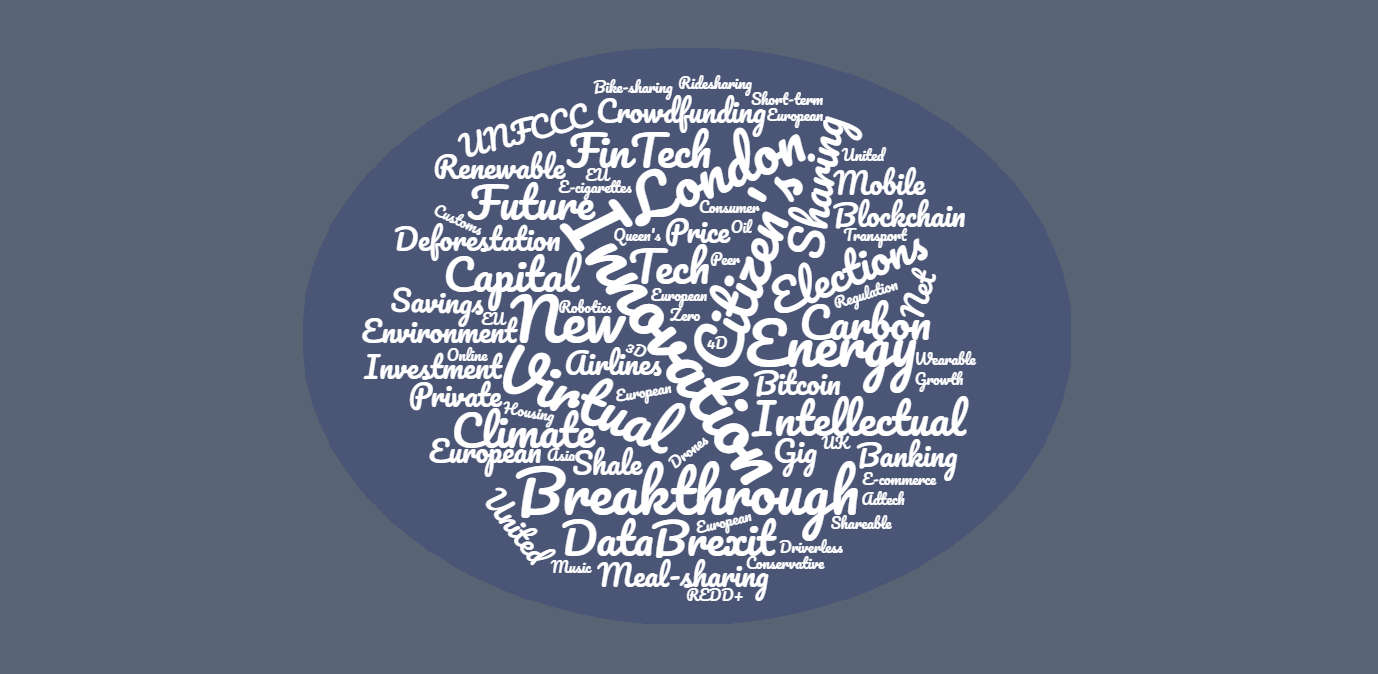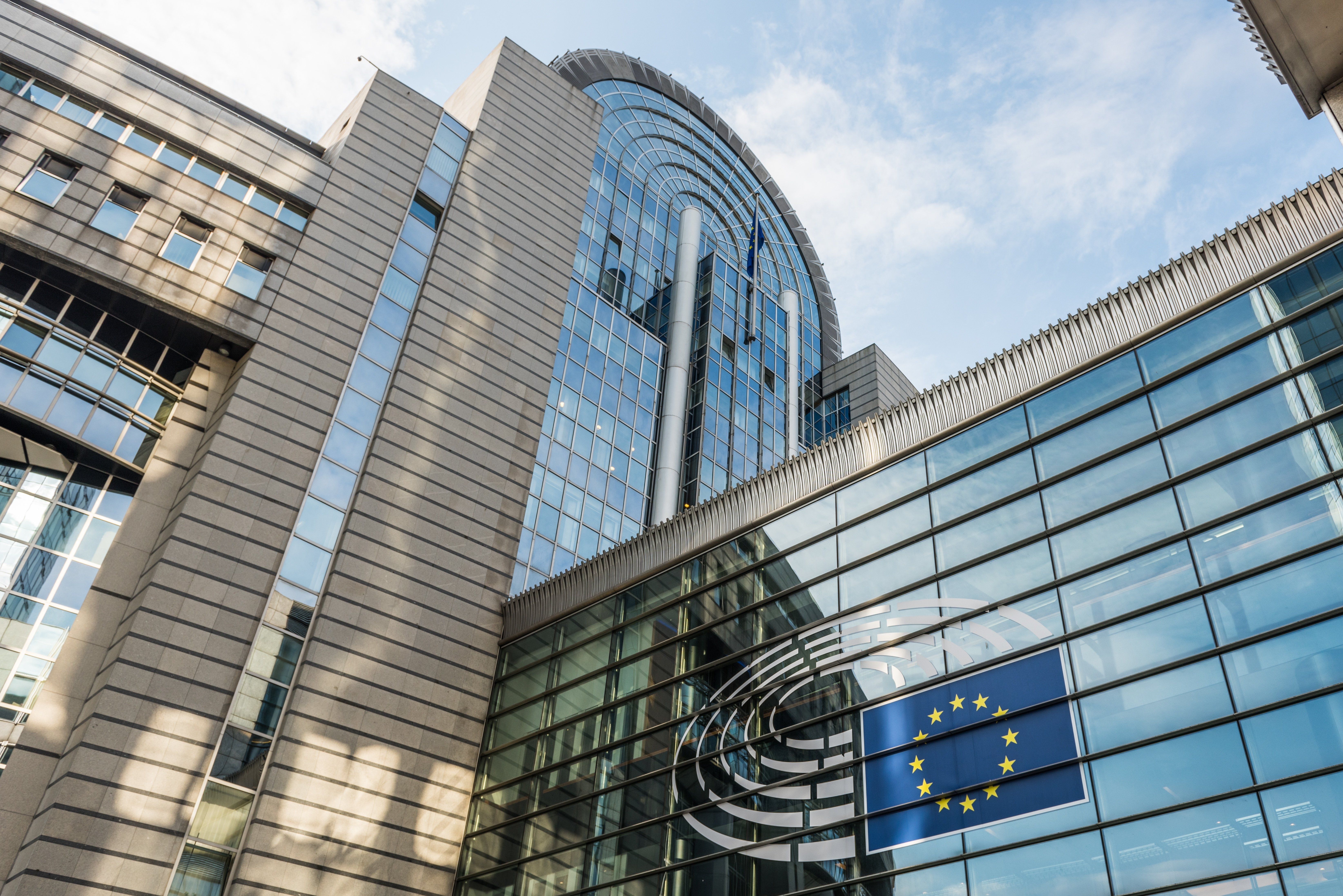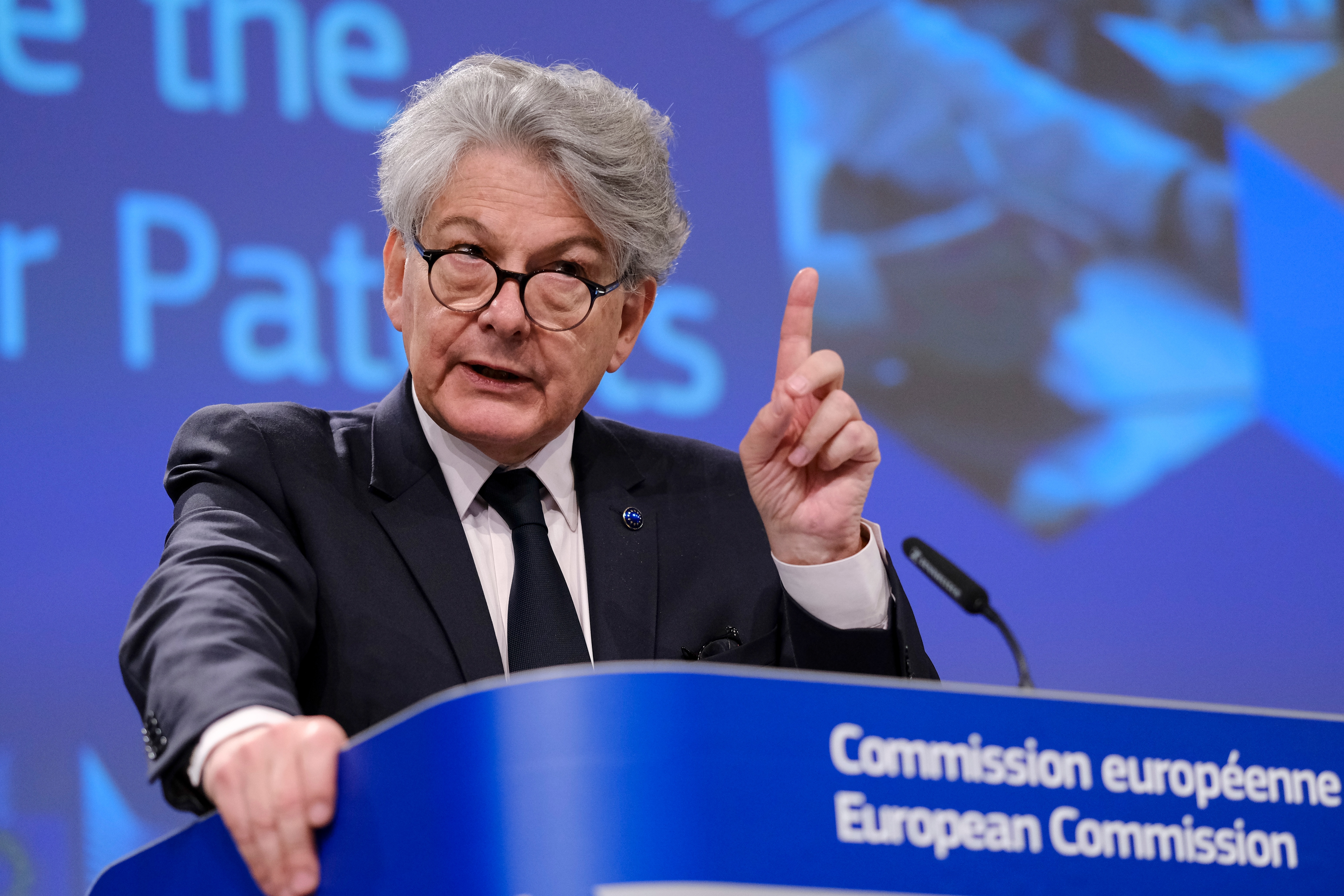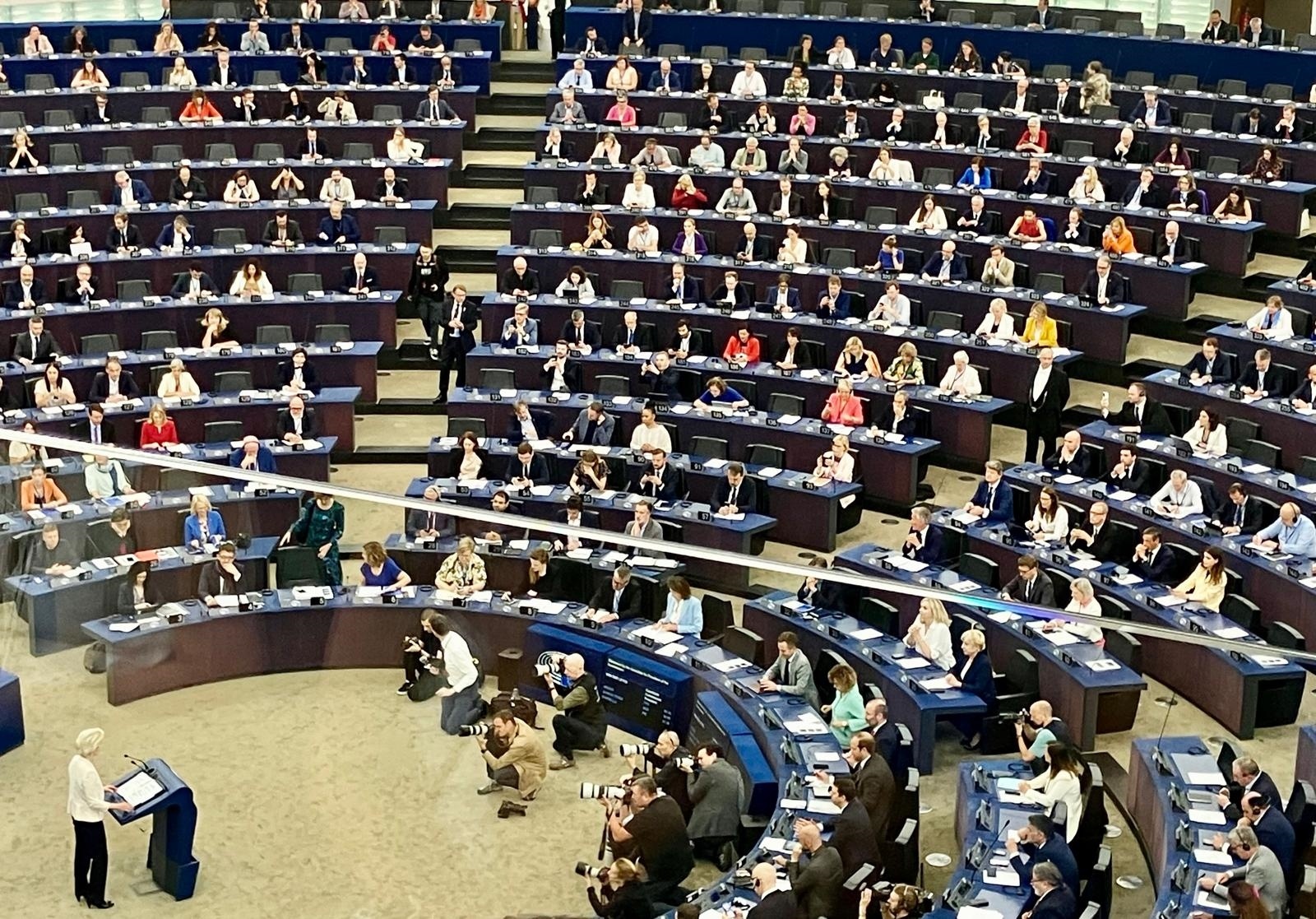Making Europe's energy more secure - policy-makers have to join the dots...
by Inline Policy on 02 Jun 2014
This is important…
On 28 May the European Commission adopted a major communication on an EU energy security strategy. This is potentially an extremely important document - especially if it were to be implemented – and was drafted, at the request of member states, as a direct response to the Ukrainian crisis and concerns about over-reliance on Russian gas. There are few things more critical than keeping the lights on and our homes heated.
...but there’s a feeling of deja vu
However, observers could be forgiven for stifling a yawn, on the grounds that we have been here before: not once (in 2006, when Russia turned off the gas flowing to Europe through its pipeline transiting Ukraine); but twice (when Putin, Medvedev and co again threatened to switch off that pipeline). On each occasion the EU institutions whirred into action and, despite some improvements in emergency response and co-ordination, we are nearly a decade on and the same uncomfortable situation of Russia-dependent energy security still prevails.
Tick all of the above
So it will all be about the implementation; and the EU’s ability to drive through actions in a policy area where member states have traditionally zealously safeguarded their freedom of manoeuvre. This does not augur well for material progress in the necessary short timeframe. owever, if we put those reservations to one side, what does the Commission’s communication proscribe? In short, it does look a bit like President Obama’s “all-of-the-above” approach when revealing his national energy plan in January (incidentally, his plan to reduce emissions from existing US power plants, which will be published today, is going to make a very big splash, but that’s another story). It includes:
- improving energy efficiency, especially in the buildings and energy sectors;
- increasing indigenous energy production (fossil fuels, low-carbon, nuclear) and creating more diverse supplies from overseas, e.g. from the Gulf or the Caspian;
- completing the internal energy market, through improved infrastructure and grid and pipeline inter-connectivity;
- speaking with “one voice” in external energy security (comment: as highlighted above, we have certainly been here before, but maybe it can be different this time); and
- further improvements to emergency mechanism and contingency planning.
It’s a gas, man
So far, so obvious; and so unimaginative. The accompanying spin from Commissioners gives a bit more of a sense on priorities. Energy Commissioner Oettinger emphasised the importance of gas imports; the Climate Commissioner said that “energy security and the fight against climate change are inseparable”. In perhaps the most interesting (and contentious?) comment, President Barroso said that it was a strategy that placed gas at its heart. If Barroso really means this (and we should caveat that none of he, Oettinger and Hedegaard will be making the decisions in six months’ time following the installation of a new Commission), the Commission and other EU policy-makers need to be thinking more laterally about how gas can be one of the principal solutions to Europe’s continuing energy security vulnerability.
Make it competitive
One of the ironies, given the EU’s long-term promotion of decarbonisation, is the rising usage of coal in Europe. The Commission communication acknowledges this, noting that demand for coal has “rebounded” because of favourable prices compared with gas. Current UK power generation exemplifies this development: although total levels of UK electricity generation have fallen since 2010, levels of coal-fired generation have climbed 22% in the same period despite a reduction in coal-fired power stations as older facilities are closed down.
Quite simply, power generators are finding it much cheaper to run their coal-fired power stations as opposed to gas-fired ones. This is principally because of the drastic fall of the EU carbon price: from €30 in 2009 to hovering around €5 in 2014. The Commission and the other institutions are exploring measures to put the EU Emissions Trading Scheme on a more stable and enduring footing which will drive more robust carbon prices. This would also be a positive measure for energy security - all the new imported gas that Oettinger dreams about will struggle to find a home unless the generators can burn it competitively.
Doing something about CCS
Gas would also be better placed to take a stronger central role in the European energy mix if Brussels and co did something about their policy on carbon capture and storage (CCS), which to date has been a mess. The Commission’s communication mentions sotto voce the need to support CCS projects (although more in the context of coal rather than gas). The International Energy Agency, in its landmark 2012 report on “The Golden Age of Gas” noted the capacity for CCS significantly to reduce emissions from gas production that is of course if CCS works and can be deployed commercially: but, after six years of support schemes and mechanisms, the EU and member states seem no closer to real progress in this area. A political commitment to make CCS development a priority - using carbon revenues where they should be properly used, on technologies and innovation - could make a difference.
What to do about shale?
Last, shale gas, which is at risk of becoming an EU problem child. For all its championing by the UK and Poland, others like France (and Germany, to a lesser extent) are hostile or at least lukewarm. The Commission, despite this week’s press headlines, also takes care not to go overboard on shale’s possibilities for transforming European indigenous gas supply. In fact, the communication is more enthusiastic about renewables in this context than shale gas.
It is realistically still too early to judge shale’s transformative implications for EU energy security, and in particular for energy prices as a whole. In the meantime, some of its more enthusiastic advocates might take greater care in deploying a balanced public approach - one which can point to shale’s potential energy security advantages, but also the need to take account of the public’s legitimate concerns about fracking and how it might impact their local communities. The recent poll showing UK support for shale gas falling below 50% for the first time - compared with scores of 70/80% for wind and solar farms - should be a wake-up call for the politicians.
And next
In the meantime, EU heads of government will consider this energy security strategy at the European Council on 26/27 June. A test will be whether their conclusions actually represent a coherent and unified response; or is a compromise resting on the same old national interests and policies. If a policy area does need more European co-operation rather than less, this is it.
Topics: European Politics, Energy policy







Comments